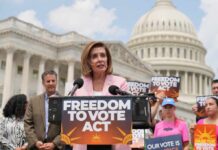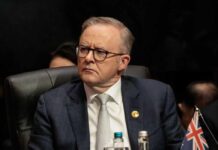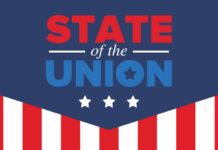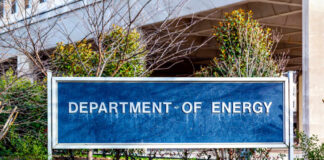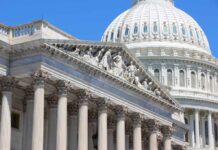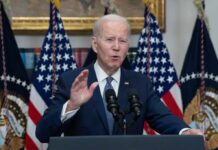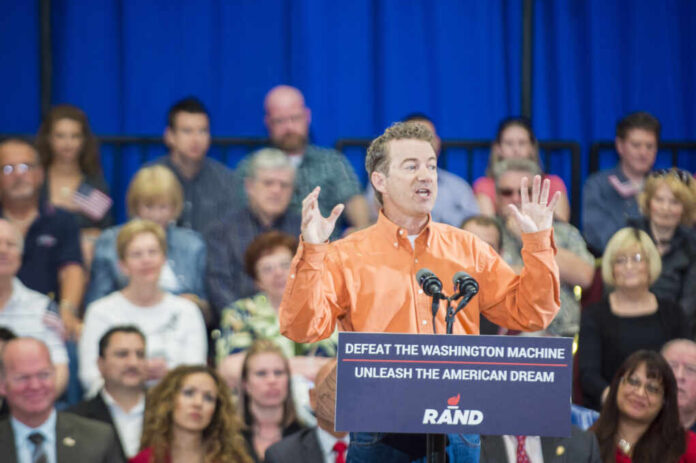
In a renewed demand for true fiscal transparency, Sen. Rand Paul (R-KY) has reignited the conversation on government oversight by reintroducing the Federal Reserve Transparency Act, colloquially known as “Audit the Fed.” As discussed in an op-ed by Sen. Paul published by The Federalist on Thursday, the bill challenges the status quo of financial governance. It has garnered significant support from various organizations and influential figures.
The Federal Reserve operates with a wide degree of autonomy that has long sparked debate. As Paul describes, the Fed’s decisions, especially during crises like the 2007 financial meltdown and the 2020 pandemic, have profound implications for the American economy.
Printing trillions of dollars, for instance, not only affects market dynamics but also directly impacts the average American’s life. Paul’s proposal is not a novel idea but a continuation of a long-standing pursuit of transparency in monetary policy, a legacy he shares with his father, retired three-time presidential candidate Rep. Ron Paul (R-TX).
The American people have a right to see behind the veil of secrecy at the Fed. I will continue to do what I can to lift that veil. I urge my fellow senators to join me. https://t.co/s8Kos1PfDt
— Rand Paul (@RandPaul) January 25, 2024
At its core, the Federal Reserve Transparency Act is a call for accountability. It mandates a comprehensive audit by the Government Accountability Office (GAO) of the Federal Reserve’s Board of Governors and reserve banks. This initiative seeks to repeal current statutory limitations that shield the Fed’s operations from full scrutiny. The audit would encompass transactions with foreign entities, monetary policy decisions, and internal communications, shedding light on the workings of one of the nation’s most influential institutions.
Critics argue that such scrutiny could undermine the Fed’s independence. However, the proposal’s bipartisan support suggests a shared understanding of the need for oversight across the aisle. Over 40 senators backed the initiative, recognizing the imperative of aligning the Fed’s operations with the principles of democracy and accountability.
Various leaders and organizations back the push for transparency. Jeffrey Tucker, President of the Brownstone Institute, underscores the necessity of a transparent central bank in a free society. Stephen Moore of the Heritage Foundation highlights the issue of the Fed acting without congressional approval, a point echoed by Richard Manning, President of Americans for Limited Government, who criticizes the Fed’s role in potentially influencing market winners and losers.
The current economic challenges amplify the urgency of this legislation. Inflation rates have soared to heights not seen in four decades, profoundly affecting American families. Sen. Paul’s op-ed references a study by Attest, showing that nearly 60% of Americans struggle to afford necessities like food. This alarming statistic underlines the need to thoroughly understand the Fed’s role in the nation’s economic trajectory.





